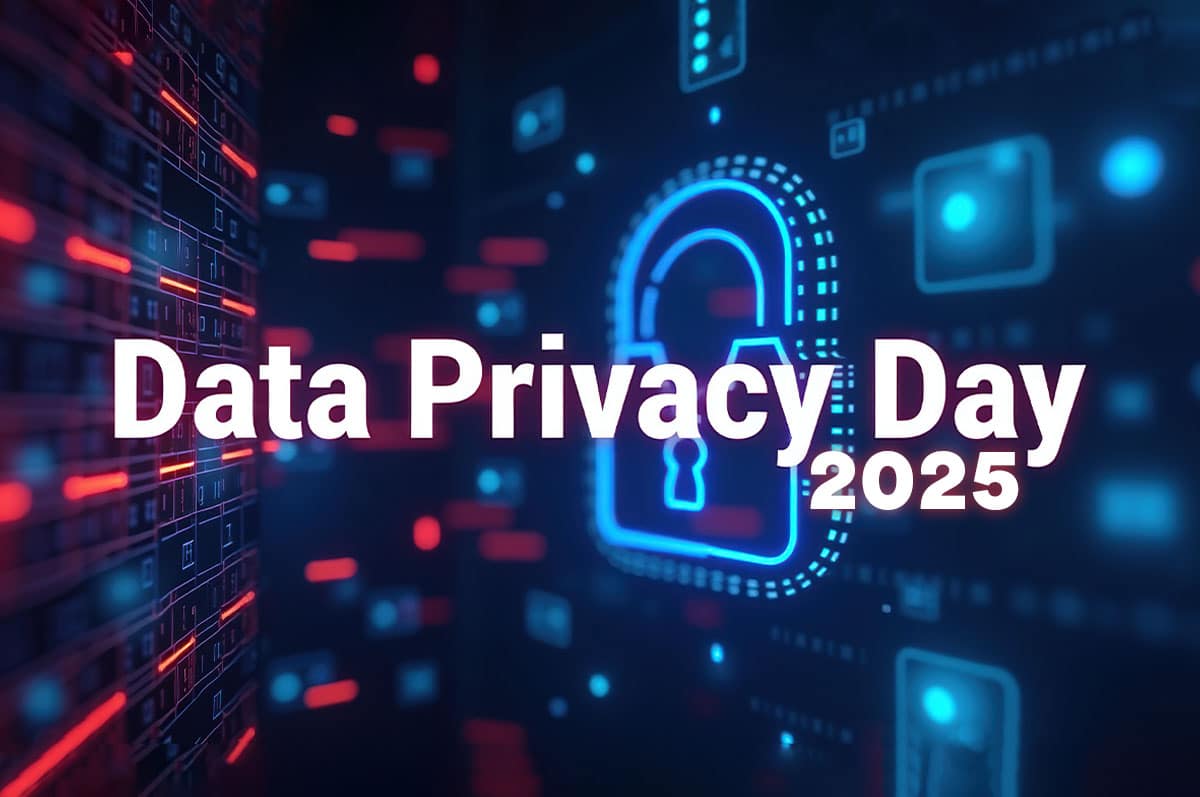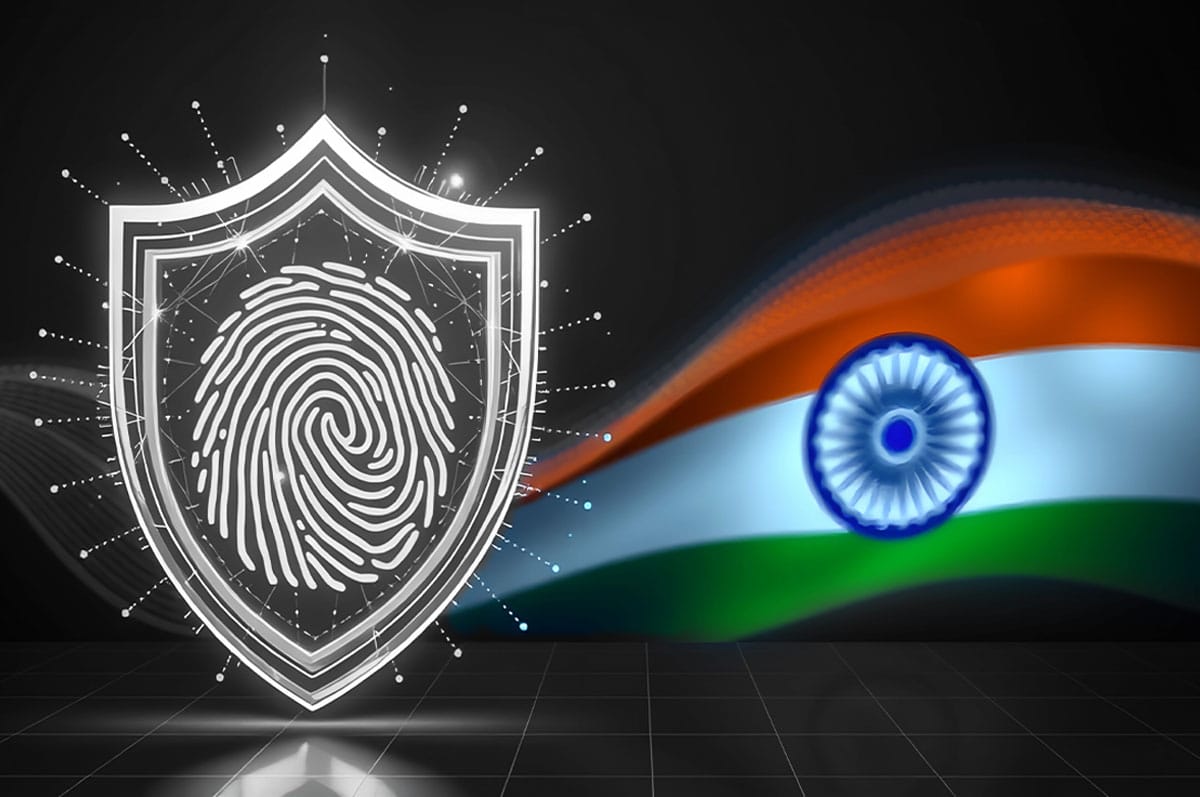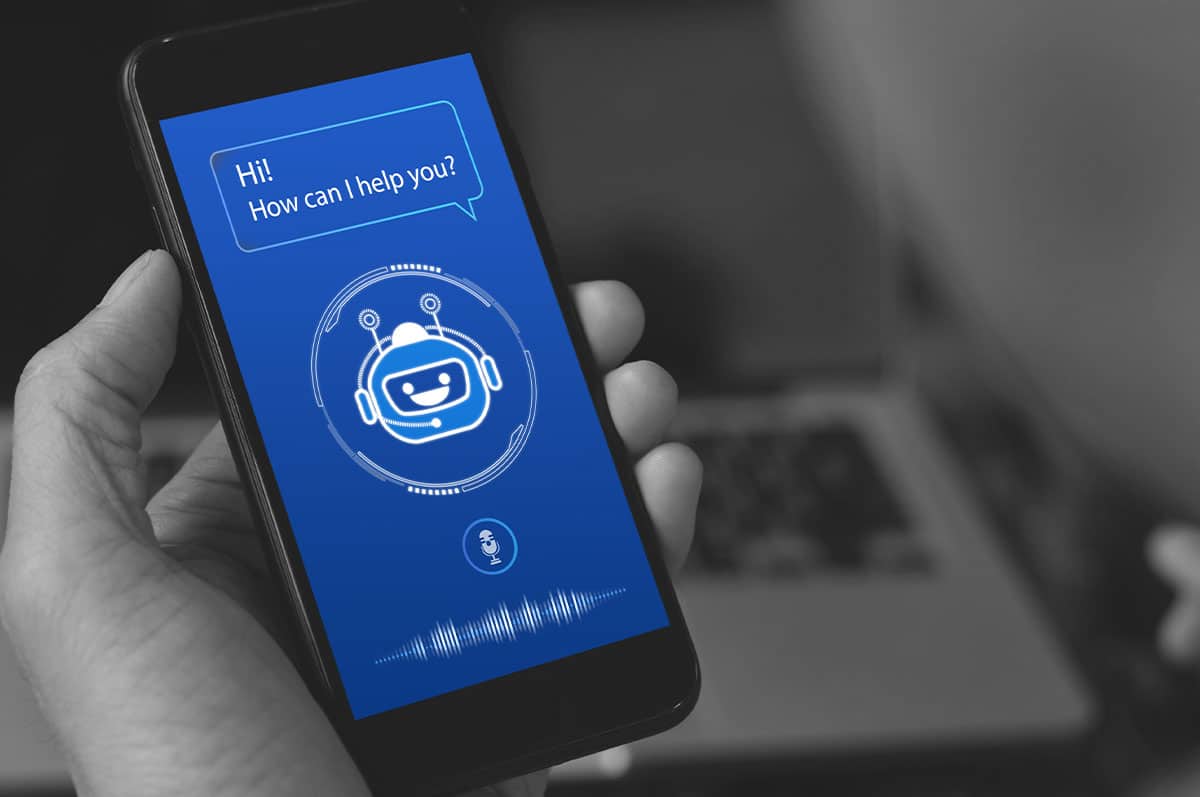Resources
Data Privacy Day 2025 – Clear and Practical Privacy Tips for Everyday Users
By Rodman Ramezanian - Enterprise Cloud Security Advisor
January 28, 2025 2 Minute Read

Happy Privacy Day folks!
Data Privacy Day, observed annually on January 28th, raises awareness about digital privacy, data protection, and the responsible use of personal information.
Here are some clear and practical data privacy tips for everyday users:
- Use Strong, Unique Passwords: Create complex passwords for each account and consider using a reputable password manager to generate and store them securely. Avoid reusing passwords across multiple sites.
- Enable Two-Factor Authentication (2FA): Add an extra layer of security to your accounts by activating 2FA whenever possible. This typically involves a second verification step like a text message or authenticator app code.
- Be Cautious with Personal Information: Limit the personal details you share online, especially on social media. Be mindful of what you post publicly and adjust privacy settings to control who can view your information.
- Update Software Regularly: Keep your devices, operating systems, and applications up to date. These updates often include critical security patches that protect against the latest potential vulnerabilities.
- Embrace Zero Trust Security: Instead of relying solely on VPNs, adopt a zero trust approach to your digital security. This means verifying every access request, regardless of where it originates. Use multi-factor authentication, implement strict access controls, and assume no network or device is automatically trusted. For remote work or public Wi-Fi, use secure, encrypted connections like enterprise-grade remote access solutions that verify identity and device health before granting network access.
- Practice Safe Browsing: Be wary of clicking on suspicious links, downloading unknown attachments, or providing personal information to unverified websites. Use browser privacy tools and consider privacy-focused browsers or extensions.
- Manage App Permissions: Regularly review the permissions you’ve granted to mobile apps. Only allow access to information that’s truly necessary for the app’s functionality.
These tips can help users of all proficiencies and experience levels significantly improve their online privacy and protect their personal data from potential breaches or misuse.
Kind regards,
Rodman Ramezanian
With over 11 years’ worth of extensive cybersecurity industry experience, Rodman Ramezanian is an Enterprise Cloud Security Advisor, responsible for Technical Advisory, Enablement, Solution Design and Architecture at Skyhigh Security. In this role, Rodman primarily focuses on Australian Federal Government, Defense, and Enterprise organizations.
Rodman specializes in the areas of Adversarial Threat Intelligence, Cyber Crime, Data Protection, and Cloud Security. He is an Australian Signals Directorate (ASD)-endorsed IRAP Assessor – currently holding CISSP, CCSP, CISA, CDPSE, Microsoft Azure, and MITRE ATT&CK CTI certifications.
Candidly, Rodman has a strong passion for articulating complex matters in simple terms, helping the average person and new security professionals understand the what, why, and how of cybersecurity.
Related Content
Trending Blogs
Simplifying DPDPA for Indian Enterprises with Skyhigh Security
Sarang Warudkar and Hari Prasad Mariswamy March 13, 2025
Navigating DORA and Key Requirements for Organizations
Sarang Warudkar March 4, 2025
The Hidden Risks of AI Chatbots: When Convenience Comes at a Cost – Skyhigh Security Intelligence Digest
Rodman Ramezanian February 24, 2025
The Evolution of Data Security: From Traditional DLP to DSPM
Hari Prasad Mariswamy February 20, 2025
Cloud Repatriation: Why Enterprises Are Rethinking Their Cloud Strategies
America Garcia February 18, 2025



